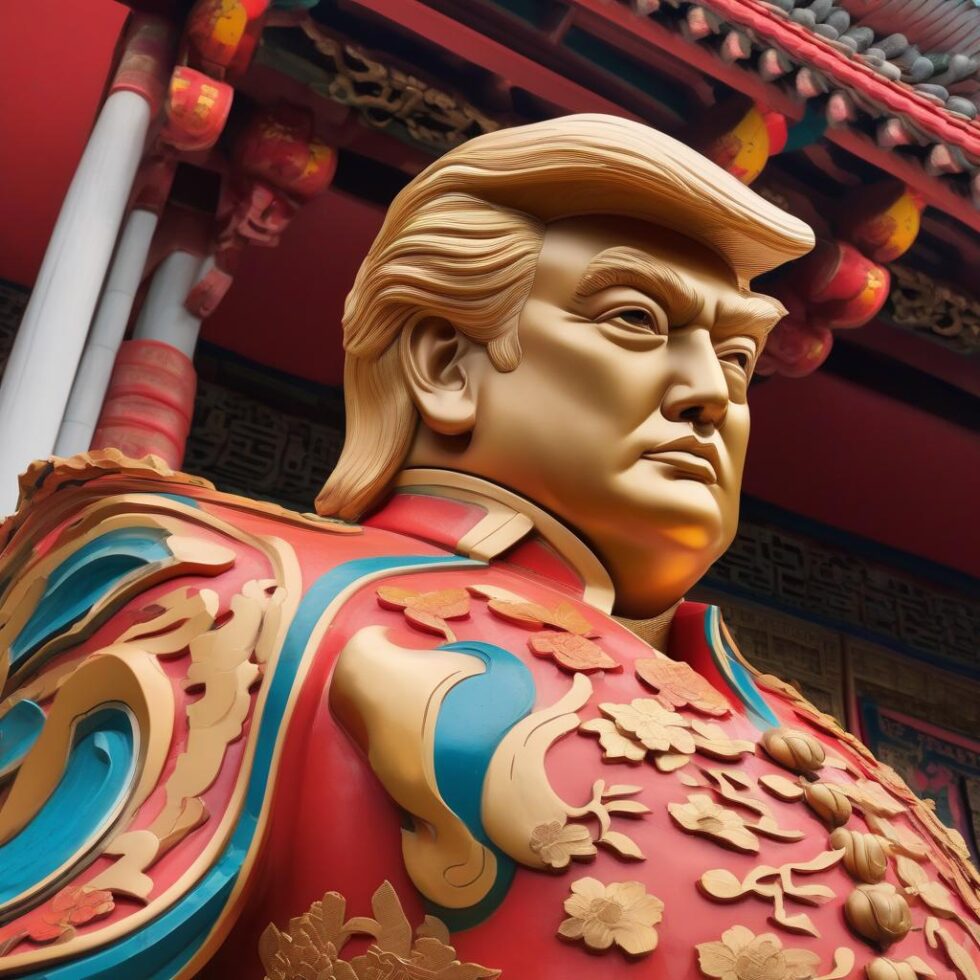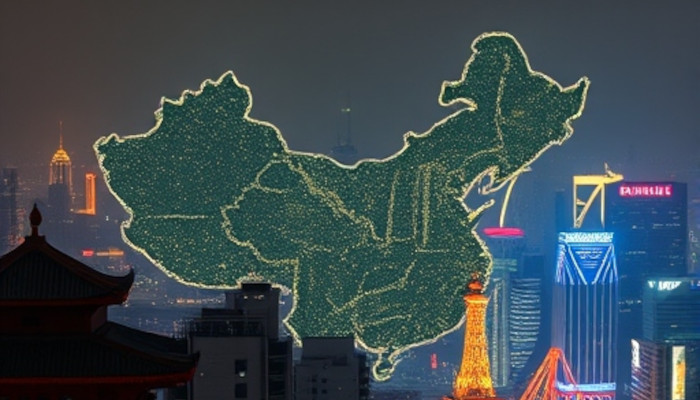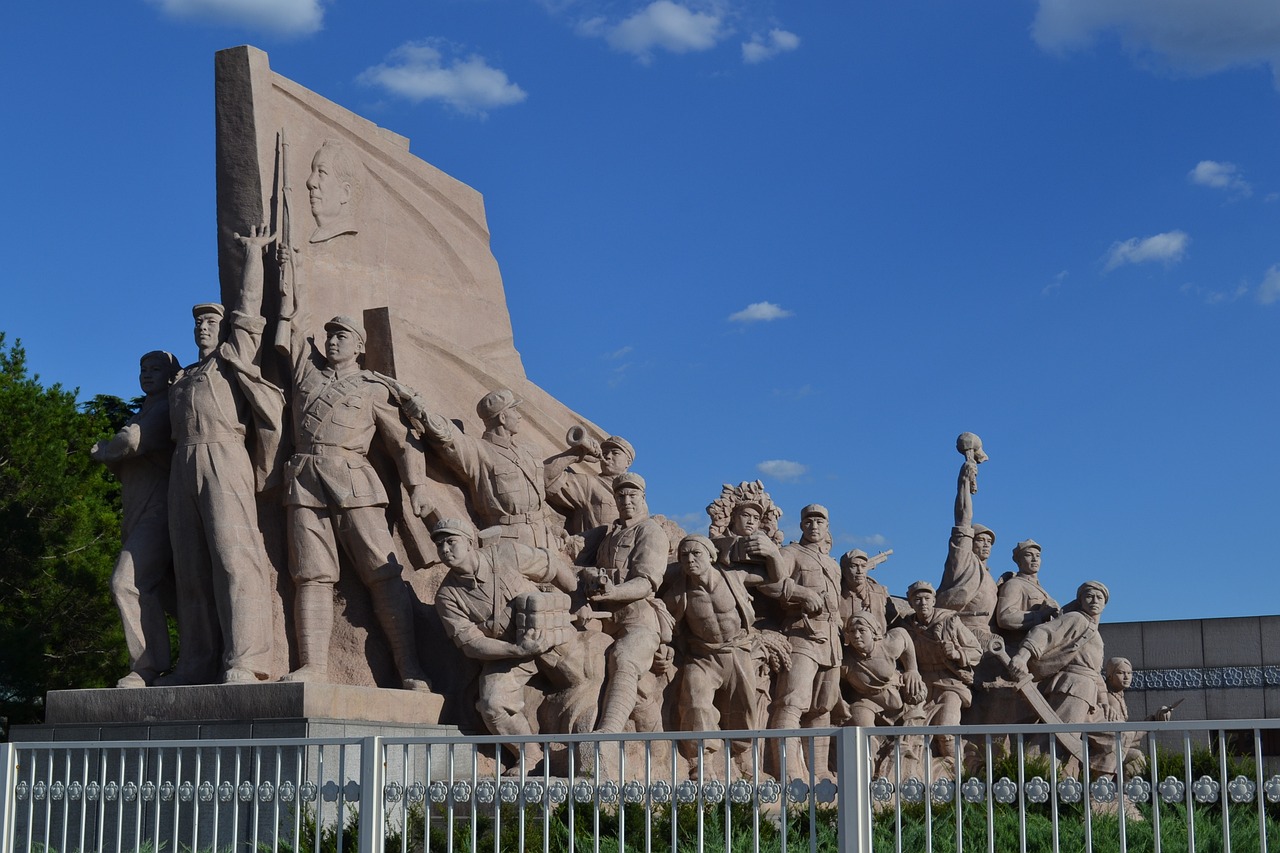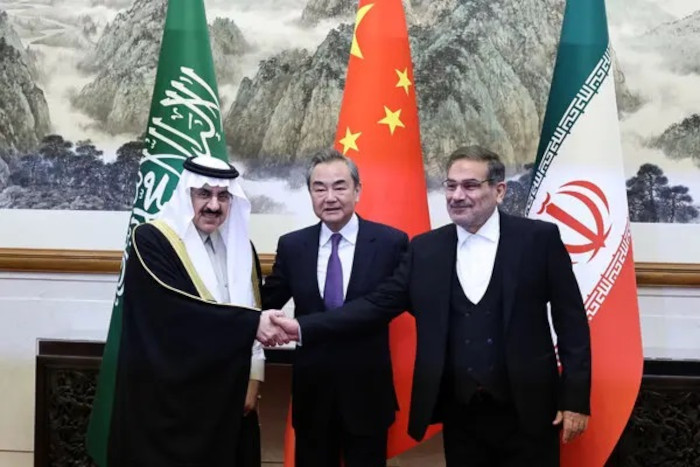
The lesson from the US crackdown on protests could be different in Beijing—suppressing uprisings without suppressing opposition would be a theological turn, akin to that with the Vatican.
The Hong Kong-based South China Morning Post reported that: “Chinese state media have sought to portray the escalating Los Angeles protests against President Donald Trump’s immigration policies as proof of a broken government and the lack of social cohesion in the United States.”
Chinese media are not alone.
In the Financial Times (here), Edward Luce argues that: “Less than 200 days into his second term, he (Trump) has trampled over more laws and ripped up more precedents than any leader in US history. He has enriched himself and his family with overseas crypto sales and golf resort deals, launched a war on leading universities and medical institutions, ignored serial court orders to give deportees legal rights, declared, paused, and partially resumed economic conflict with the world, and targeted his enemies with investigations and stripping them of security protection. Trump’s assault on democratic norms has been breathtaking in scale and speed.”
It seems that, yes, it proves America’s decadence.
However, historically, US turmoil in the 1960s and 1970s led to its rebound in the 1980s and the collapse of the USSR. The post-1929 crisis resulted in the triumph of World War II. The Civil War in the 1860s led to America surpassing England a few decades later.
Indeed, the crisis could be different this time, leading to America’s demise. Or it could change America following the same old pattern of creative destruction—the fundamental DNA of modernity—originally theorized by Joseph Schumpeter, a keen student of Karl Marx, and crucial in shaping the world’s thinking over the past century. At a time when the Bolsheviks had taken over Russia and most of the world was thinking that communism was the answer and capitalism was finished, Schumpeter drew the opposite conclusion. He argued that upheavals were how capitalist societies faced, overcame challenges, and renewed themselves. Revolutions, if channeled and digested, were not the end of capitalism but its rebirth, just like the phoenix, which is born again from its ashes.
The US and the modern world move ahead through crises, and crises are often welcomed and even treasured. Even the current crackdown, harsh as it may be, is unlikely to root out the elements that cause future protests to erupt. Not only will opposition or dissent not be banned, but peaceful or violent protests will remain part of the American fabric. Americans may be distressed or personally harmed by the turmoil, but they will weather it like hurricanes or wildfires and continue with their lives.
Moreover, even if America were to burst open, modernity would continue in many other countries, and it’s quite possible that authoritarian ways would not prevail, as they never ultimately prevailed in the past three centuries.
Twists
This is very different from what happened with protests in Hong Kong in 2014 or 2018. Beijing saw those demonstrations as incompatible with the existence of the People’s Republic of China (PRC). Not only did they have to be suppressed, but the liberties that allowed such eruptions had to be eradicated. This undoubtedly relates to the PRC’s authoritarian tendencies.
Still, it is also grounded in an imperial history—always cautious to nip disputes in the bud and viewing any uprising as a threat to its Mandate of Heaven, the semi-religious belief about the divine right to rule associated with dynastic authority. The Communist Party of China (CPC), in some ways, is the latest in a long line of ruling dynasties.
Here, perhaps, lies an interesting twist—a different moral to be learned from Trump’s rule.
Unlike past dynasties, the CPC is openly atheist. While it may believe in the Mandate of Heaven beneath the surface, it cannot openly claim it. In fact, the 2018 agreement with the Vatican hinged on that: the Chinese President is no longer the Son of Heaven; he has no religious authority, and thus, he can concede religious authority over Chinese Catholics to the Pope and namely on the appointment of the bishops in China.
The consequences go well beyond the bishops or the Pope. Without the Son of Heaven, there is no Mandate of Heaven; therefore, maintaining and protecting ‘heavenly peace’ is unnecessary. In principle, protests and crackdowns do not matter with the CPC’s legitimacy to rule. So, in theory, China could have rallies and crackdowns without suppressing dissent or liberties, thus allowing Schumpeter’s concept of creative destruction.
This is true in theory, but even if the theory were accepted, there would be many practical problems because one cannot simply shut down a well-oiled autocracy and usher in something very different.
The Laboratory of Modernity
Moreover, as with the Vatican, there is a gray area. With the Vatican, it involved the overlap between civil and religious authority; with protests, it would be more about getting China used to protests without thinking they threaten the entire political system. Anthropologically, China is unaccustomed to this concept and might find it challenging to adapt.
Yet, adapting is essential for economic development and China’s rise.
Before modernity, debtors were held accountable for their lives: their families could lose all possessions and freedom due to debts. Modernity invented the corporation with limited liability—almost like the scientific laboratory—a space where experimentation and failure are possible without risking one’s life or endangering the pursuit.
The modern corporate structure, with limited responsibility, created a space where one could experiment and fail many times without risking one’s life or personal freedom. Just as a scientist learns through failures, so does a businessman. The success of one scientist or entrepreneur often offsets numerous bankruptcies and setbacks, along with the less fortunate colleagues.
The same applies to politics. The core of modern democracy is limited political responsibility for governments and leaders, much like the limited responsibility in business or science. In non-democratic systems, leaders pay with their lives and the lives of their loved ones for their failures. This hampers improvement and creates immense liabilities, starting with the autocrat. In democracies, a failed leader will lose his power but not his life and his family.
Trump’s lessons for China could be here. As the US thrives amid protests and turmoil, so could China.
Certainly, this would require some vital adjustments in the political system, but it might also pave the way for a better, more balanced relationship with the US and the world beyond tariffs and trade issues.
It could finally unlock the enormous Chinese domestic market’s potential, which has, so far, remained only as a ‘potential’ waiting to be realized.
The present autocracy, the tentacular clout of the party under President Xi Jinping, could be an advantage. This is a top-down reform that needs extensive central powers to be implemented, the power that Xi now possesses. Trump’s divisive rule in America could provide him a theoretical/theological way out, which the party always needs for his most consequential decisions.
It’s unclear whether he’ll do it. The risks are daunting. But he is in the best position to do it, and there would be a windfall of positive consequences for him, China, and the world.








